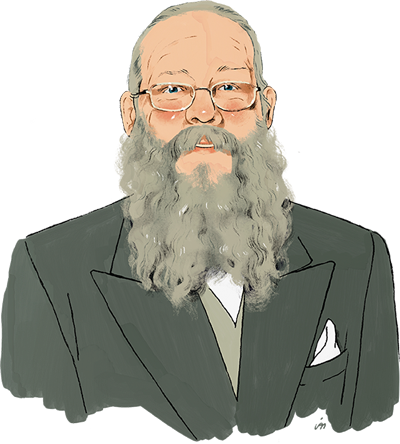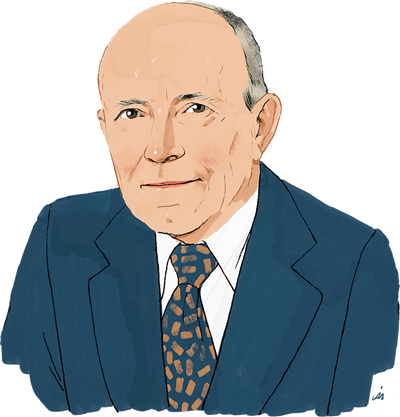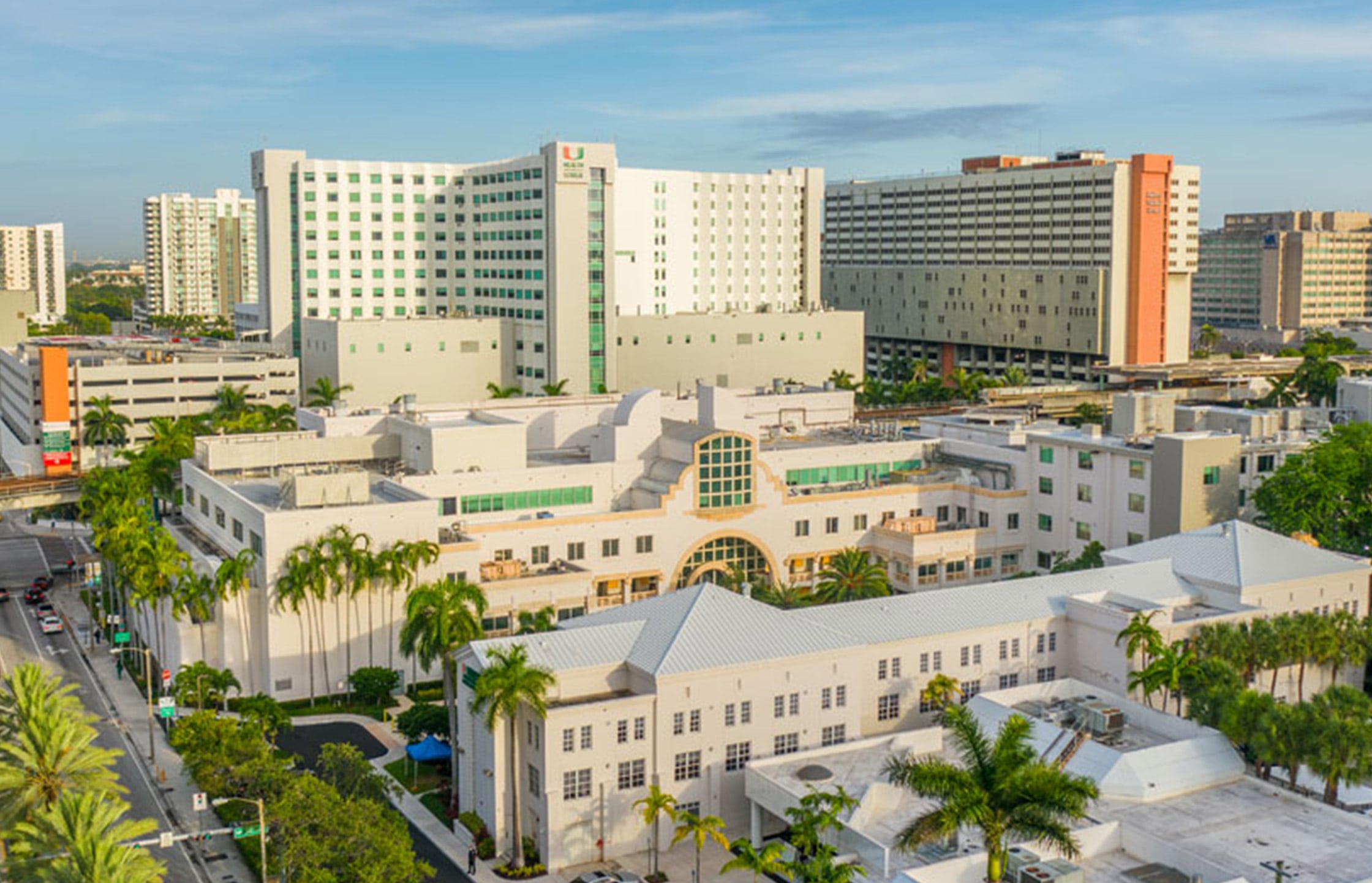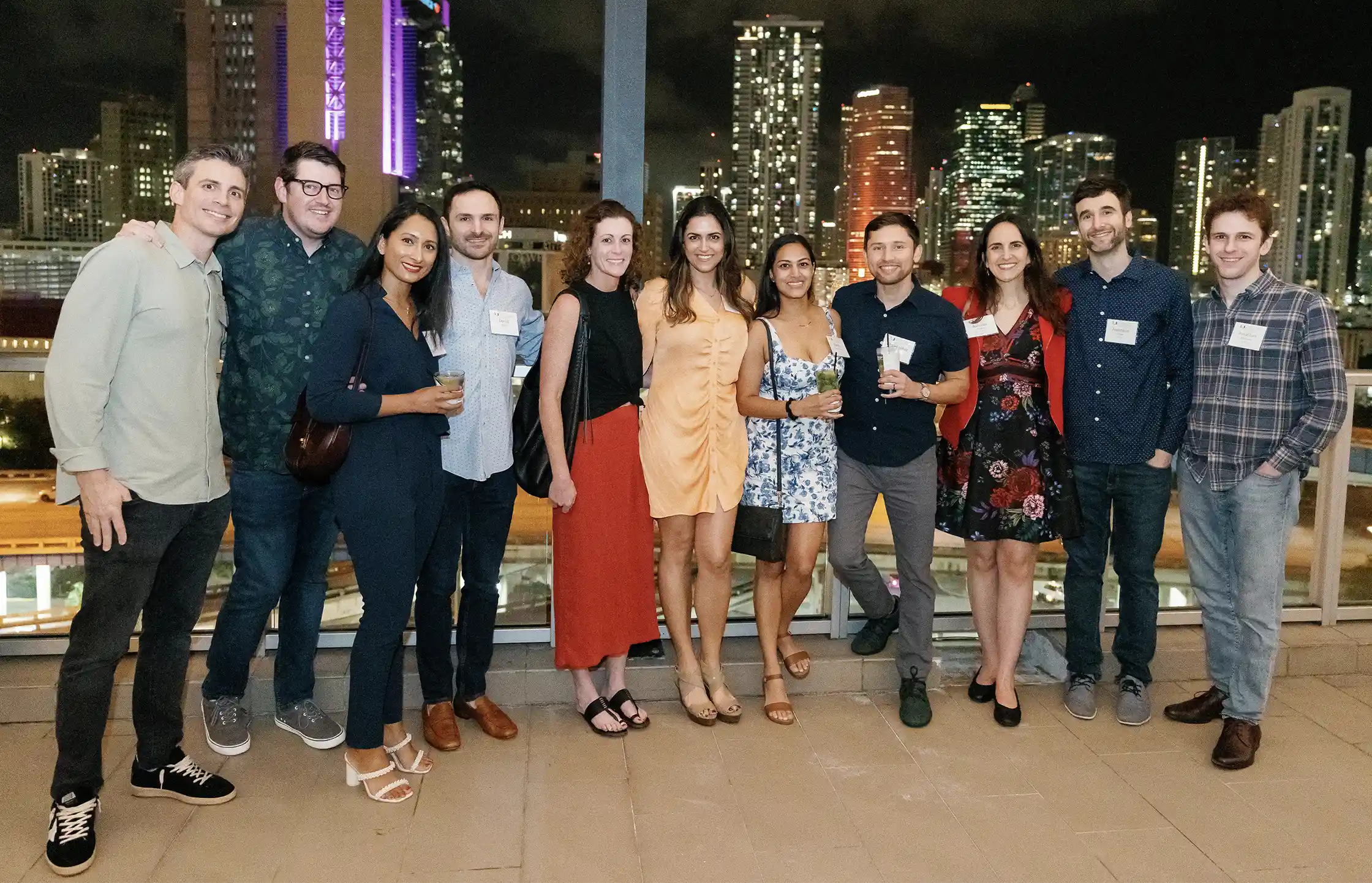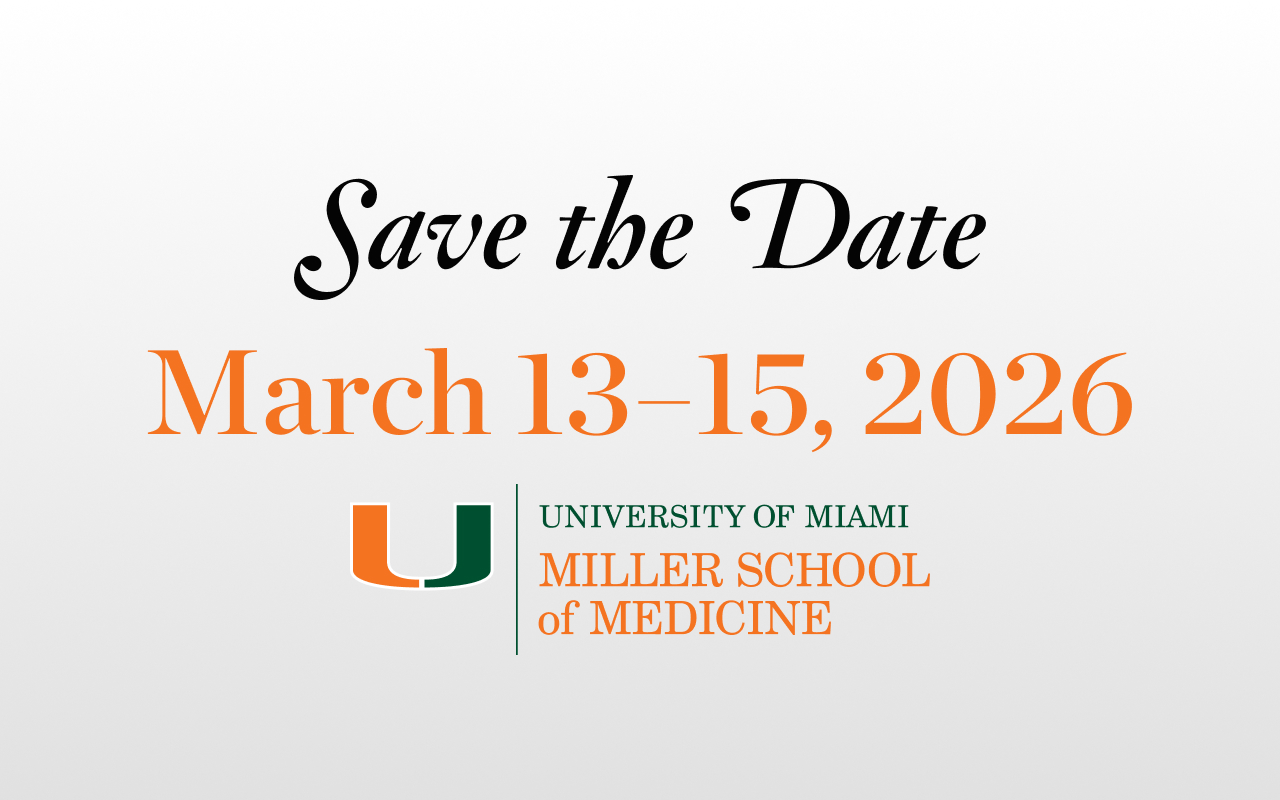Margaret Fischl, M.D. ’76, has shaped HIV/AIDS research for more than 40 years. A professor of medicine at the Miller School of Medicine, she helped transform a global epidemic marked by fear and stigma into an era of scientific breakthroughs and lifesaving care.
She credits the Miller School with preparing her to lead in crisis. “The excellent clinical training and varied patient population prepared me for what lay ahead,” she said.
In the early 1980s, as HIV surged in South Florida, Dr. Fischl was one of the first physicians to treat patients with the then-mysterious and deadly disease. With strong support from the university, she established and led the UM AIDS Clinical Research Unit, one of the nation’s first centers dedicated to HIV care and research.
“We didn’t know what we were up against,” she said. “We just treated the patients in front of us. Over time, it became clear this was something the world had never seen.”
Her early work challenged misconceptions that HIV affected only gay men or intravenous drug users. Working with the Centers for Disease Control and Prevention, she proved the virus could be transmitted heterosexually, shifting the public health narrative and national policy.
In 1986, Dr. Fischl led the groundbreaking clinical trial for azidothymidine (AZT), the first drug to show efficacy against HIV. Despite early controversy, the study led to the first FDA-approved HIV treatment, launching the era of antiretroviral therapy and transforming HIV from a fatal diagnosis to a chronic, manageable condition.
Since then, Dr. Fischl has led more than 150 clinical studies, driving advances in combination therapies and treatments for HIV-related cancers such as Kaposi sarcoma. She has published more than 320 peer-reviewed papers and led major national research initiatives, including the Miami AIDS Clinical Trials Group and the Women’s Interagency HIV Study.
Today, she is an investigator in the Miami arm of the NIH’s Multicenter AIDS Cohort Study/Women’s Interagency HIV Study Combined Cohort Study (MACS/WIHS-CSS), investigating aging and chronic illness in people with HIV. She remains a national leader in research and a mentor to the next generation of physician-scientists.
Despite decades of groundbreaking work and numerous honors — including induction into the Miller School Medical Alumni Association’s Hall of Fame — Dr. Fischl remains humble, emphasizing teamwork over individual accolades.
Her work has saved lives, shaped policy and redefined the world’s understanding of one of the greatest public health challenges of our time.
“Our intention was never to make history,” Dr. Fischl said. “Our focus has always been on delivering the highest level of care to our patients.”
“The excellent clinical training and varied patient population prepared me for what lay ahead.”
Margaret Fischl, M.D.




